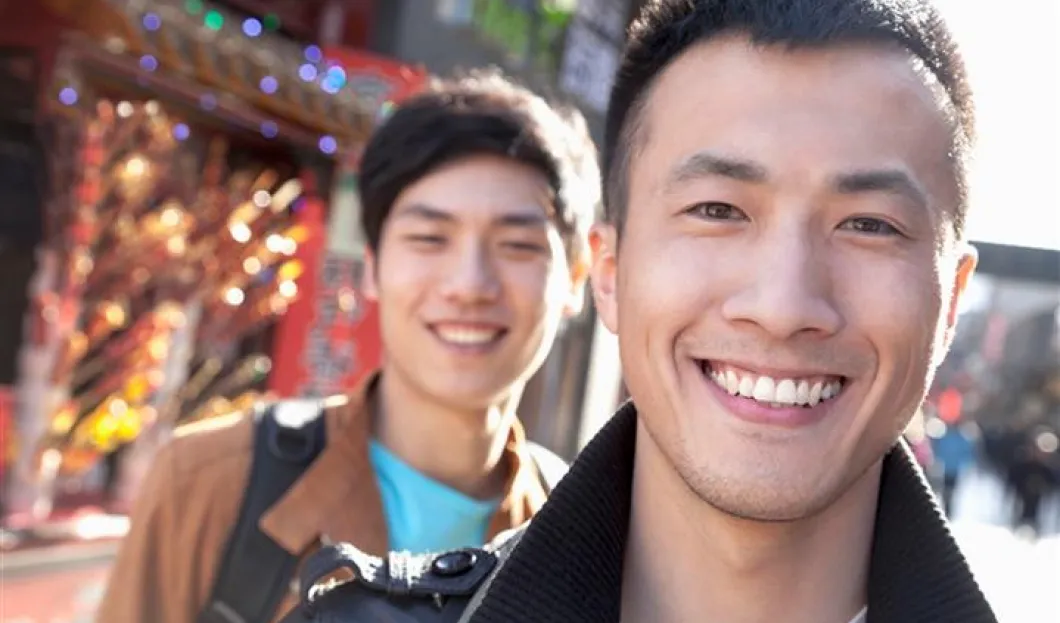
The tourism season is starting in Moscow. The Ukrainian war resulted in significant damage to the tourism industry in Russia, and the amount of tourists from Western countries in 2014 reduced significantly. This year, the industry representatives are slightly optimistic about the situation on the market.
The crisis in relationships between Russian Federation and Western Europe negatively affected both inbound and outbound tourism according to a source in Federal Tourism Agency of Ministry of Culture of Russian Federation. They indicated that the outbound tourism reduced by 15 percent in 2014 while inbound tourism reduced by 30 percent on average.
Statistics of the agency clearly shows which countries were affected by the conflict the most: Poland (minus 37 percent), Finland (minus 27 percent), Sweden (minus 25 percent), USA (minus 18 percent).
Germany that was traditionally “the partner number one” in inbound tourism went down to the second place, said a deputy head of Federal Tourism Agency Sergei Korneev in an interview.
“The first place in inbound tourism is now occupied by the Chinese tourists,” said the official. This is no surprise: the whole world is now fighting for Chinese tourists as there are many of them. The mutual agreement between Russia and China about implementation of visa facilitation came into force in 2014. Besides this an agreement about visa-free group tours is active since 1999.
“Chinese tourists are traveling around the world more and more nowadays,” said Korneev. He also claimed that the outflow of western tourists is almost completely compensated by the inflow of tourists from Asia and Latin America. Besides Chinese tourists the citizens from India, Korea, Columbia and Mexico seem to be very interested in visiting Russia as well.
Sergei Korneev from Federal Tourism Agency counts on western tourists flow to Russia to recover in 2015. “Apparently this year we will be able to come to the former level. Decrease of rubles exchange rate played its role, and this is a very important factor as all the goods and services in Russian Federation lost 30-40% of price,” said the official.
He also reported that tourism business is currently diversifying: “Tourists became more independent, they prefer to book hotels and flights by themselves. They now depend less on guides and more on gadgets”. Korneev pointed on the fact that besides Moscow and Saint-Petersburg there are other destinations in Russia popular among foreign tourists: Lake Baikal, Kazan and Sochi.
The Tripsta online travel agency reported that foreign tourists are now interested in Russia again. Air tickets bookings amount increased by 60% for summer 2015 in comparison to the previous season. Authors of research explain such significant leap with strengthening of the Russian currency. According to Tripsta CEO, Mr. Philip Brinkmann, "As long as we work in more than 40 international markets, we noticed some drop of interest of foreign travelers in Russian destination, especially in the end of 2014. Surprisingly, despite the difficult political situation, the amount of bookings increases every day now."
Tour companies think that such optimistic mood of incoming tourists can be caused by subjective indicators. "It depends on what to compare. E.g. we have 540% increase of tourist flow from Israel during this May holidays. Looks amazing, but only in percentage. In fact, we had 1 tourist in 2014 and 54 tourists in 2015," said the director of inbound tourism of "Intourist" tour agency, Nina Zharova. She also suggested that in case of online-bookings increase we can talk about independent travelers, and as we know the amount of them is not extremely high in inbound tourism.
The majority of inbound tourism consists of tourism groups, which are organized by tour agencies. Among the main countries that send tourists to Russia is Turkey, Czech Republic, United Kingdom, Korea, Taiwan and India (according to Tripsta). At the very same time, experts of that company mention that the tourist flow from France, Germany and Austria significantly decreased. At the same time, the average length of stay has also decreased by 2 days and now amounted to 2 weeks. The shortest trips are made by tourists from Japan. But if they were just visiting Russia for 1 night last year, this year they stay 3 days on average.
This year the organized tourist flow increases only from the East. According to Nina Zharova, the leading position is taken by China, followed by Japan, Hong Kong, Iran, Lebanon and Pakistan. These flows are more than enough to compensate for the missing tourists from European markets.
According to the information from Tripsta, the list of top Russian destinations among foreign tourists is led by Moscow and Saint-Petersburg. They have 85% of all the booking as during last year. Significant increase can be seen for Vladivostok: last year it was not even in Top-10, taking 3rd place this year. Yekaterinburg, which took 4th place last year, has left this list, which indicates the downtrend in the region. This list still includes popular southern destinations: Krasnodar, Rostov, Sochi and this year they were joined by Minvody. Irkutsk is still in the list on 6th place as medium point between homeland and Baikal lake. But Novosibirsk moved from 6th to 8th position, confirming general trend of decreasing number of business trips.









